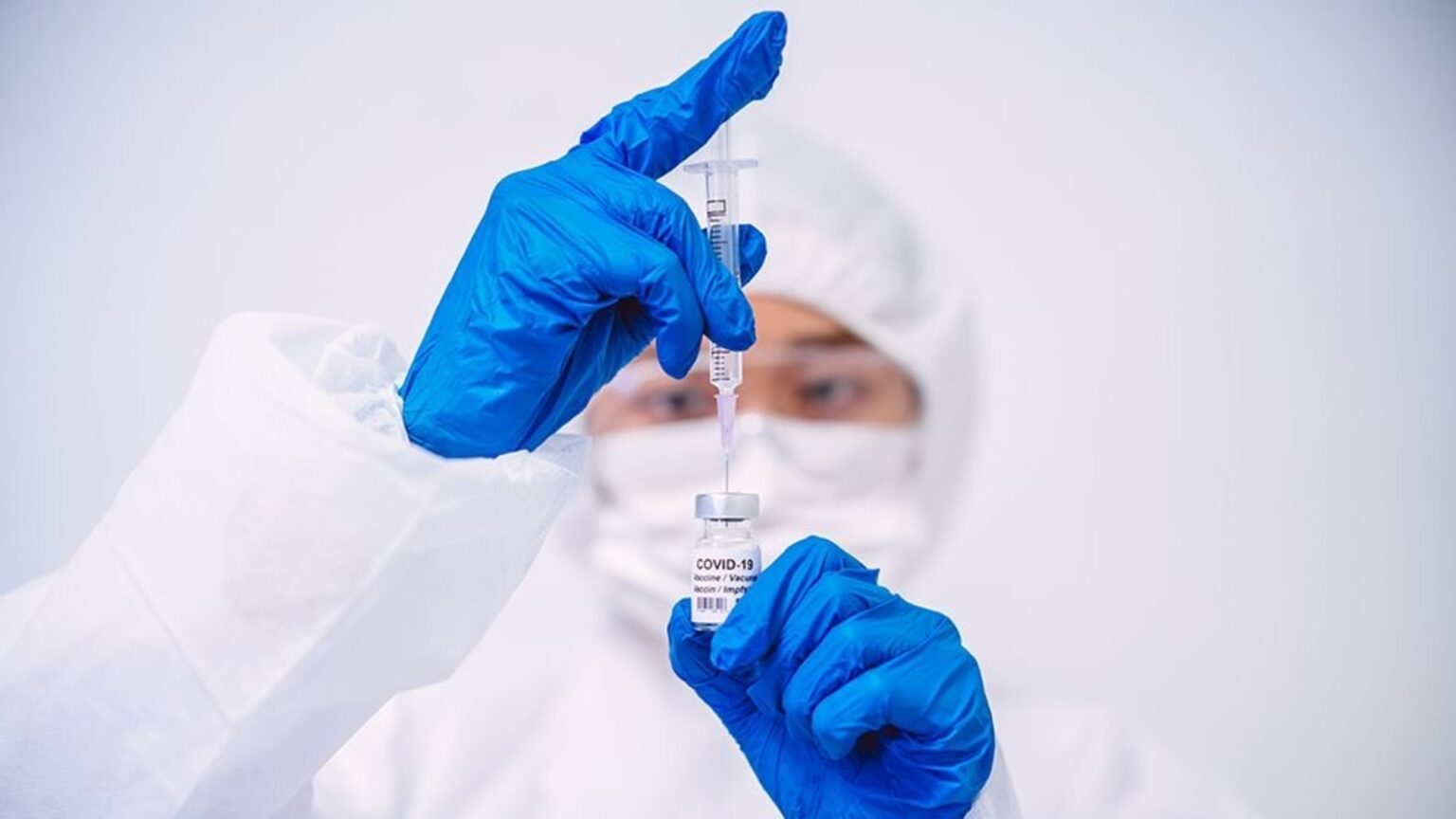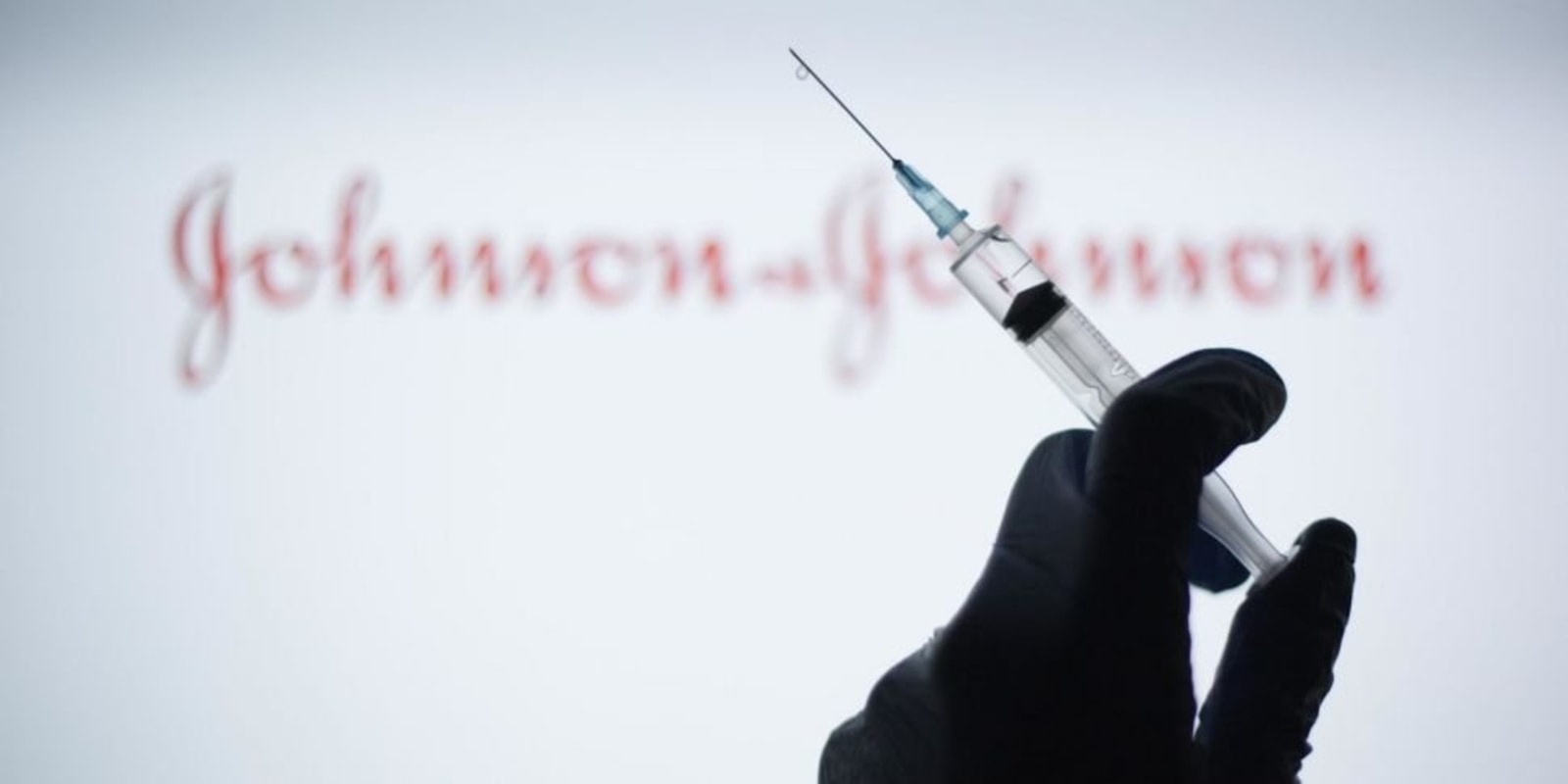
Can the coronavirus vaccine work on the variants? Research says “no”
With all these new COVID-19 variants reported around the globe, many people are skeptical about whether the coronavirus vaccines will do its job. In the wake of these new variants, the World Health Organization is retesting vaccines against new coronavirus strains to see how they will hold up.
The World Health Organization hasn’t announced a state of emergency, but the recent mutations of the coronavirus has produced the most important question: will the vaccine still work?
According to AP News, the recent coronavirus scare comes after the Oxford-AstraZeneca coronavirus vaccine was reportedly less effective on the South African variant. This means that the distribution of the coronavirus vaccine might be worthless. So what’s next?

South Africa’s strategy
AP News reported that South Africa (SA) has considered giving the coronavirus vaccine which is still in a testing phase to all their health workers. However, SA has been struggling to discover a new strategy to save their citizens from the aggressive coronavirus variant.
Scientists in South Africa recently discovered that using the AstraZeneca vaccine against the new coronavirus mutation only had a efficacy of twenty-two percent. Shabir Madhi added: “We need to recalibrate our expectations. The results are very much a reality check.”

South African health minister Zweli Mkhize told the nation: “The plan is to find out from scientists on how to deal with this going forward.
South African officials claimed there might be hope for the Johnson & Johnson vaccine to work with the latest variant. According to Bloomberg, SA will temporarily remove themselves from AstraZeneca Plc’s vaccine and move to Johnson & Johnson and Pfizer’s vaccines because according to one study, these alternative vaccines were effective against the coronavirus mutation.

Johnson vs AstraZeneca
Per Bloomberg, The Johnson & Johnson coronavirus vaccine has been approved to test its efficacy against South Africa’s coronavirus variant. The African National Congress (ANC) stated the Johnson & Johnson vaccine will be “part of a research project”, and they’re stated goal is to roll out the vaccine to citizens by autumn.
However, not all hope is lost for the Oxford-AstraZeneca vaccine in SA. Oxford’s leader of the vaccine program Sarah Gilbert explained they’re currently working to adapt the vaccine to the South African mutation.
Sarah Gilbert told BBC News: “It’s easy to adapt the technology. This year we (Oxford University-AstraZeneca vaccine program) expect to show that the new version of the vaccine will generate antibodies that recognize the new variant and then it will be very much like working on flu vaccines.”

World Health Organization
AP News reported the director of the WHO Tedros Adhanom Ghebreyesus expressed that South Africa’s idea to remove themselves temporarily from the AstraZeneca vaccine is important because its “a reminder that we need to do everything we can to reduce circulation of the virus with proven public health measures”.
Ghebreyesus told the public the WHO will make an important decision in a few days on whether or not there’ll be an emergency listing for the AstraZeneca vaccine that will be shipped by the UN to poor countries. He also added that only ten countries have started their vaccination process and that approximately 130 countries haven’t even begun.

Per AP News, there’s definitely a large sum of coronavirus vaccines that are still being produced, including Novavax, Pfizer & BioNTech, and Johnson & Johnson, which are reportedly less effective against the SA variant, but help prevent severe diseases. Sounds like a coin toss.
The World Health Organization’s chief scientist Dr. Soumya Swaminathan claimed that people shouldn’t dismiss AstraZeneca’s vaccine. In fact, the coronavirus vaccine is backed by testing and can help slow or stop the spread of COVID-19.
—
Do you think the Johnson & Johnson coronavirus vaccine will help against the South African variant? Let us know in the comments below.







